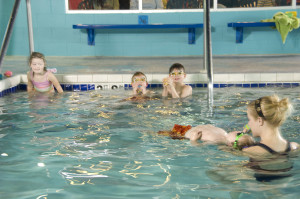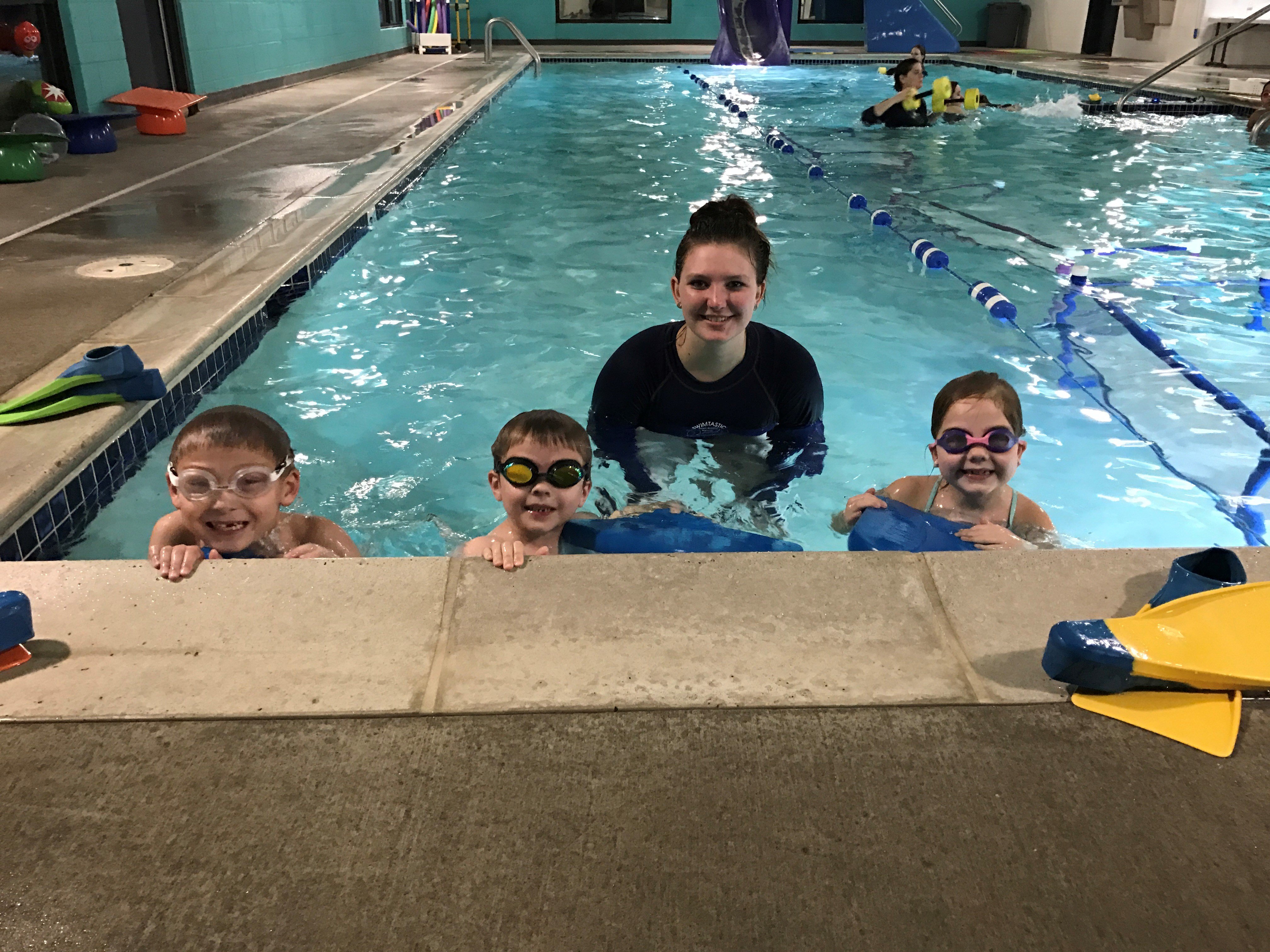Overcoming Fear of Water in Swim Lessons: "But There's an Octopus in the Pool!"
This week’s blog is contributed by Lauren, a professional swim instructor at our Lincoln, Nebraska Swimtastic Swim School.


For many people, summer equals freedom: school breaks, family vacations and more outdoor time – especially at the beach or a pool. May is National Drowning Prevention Month and there’s no better time for a refresher on water safety.
Under controlled circumstances, like Swimtastic classes and events, instructors are fully trained in water safety and provide pool safety guidelines to students and participants. Eager to learn and eager to please, students are happy to comply with the rules that ensure their experience is enjoyable. But the loose, less-restrictive nature of vacations and pool parties can mean that children (and even adults) temporarily forget water safety basics.
For a joyful summer that includes time at the beach or a pool, review these water safety guidelines with your children, loved ones, babysitters and caregivers:
For many people, summer isn’t summer without time at the beach or poolside. By taking water safety seriously, you can ensure that every water experience is happy and fun!

This week’s blog is contributed by Lauren, a professional swim instructor at our Lincoln, Nebraska Swimtastic Swim School.

To That One College Job – It's Not Just Teaching Kids to Swim Two years…I knew it that day sitting in my interview for another part-time position. In...

Ashley Bossell continues advice for new-parents following her articleInfant/Toddler: Taking Care of Baby’s Teeth

Visit our Water Safety Blog for expert advice, family tips, and more!